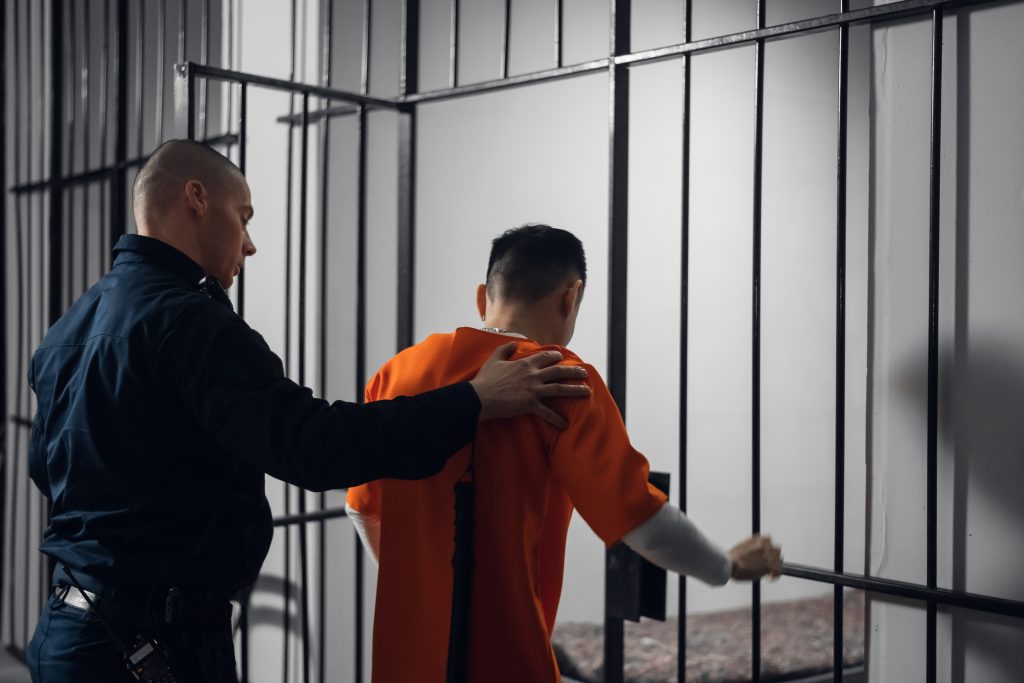When you think of a prosecutor in a court case, you probably imagine a criminal case. You think about criminal charges, a jury and, in most cases, a conviction. In most states, the prosecutor represents “the People” or “the State” in criminal cases. But they also represent “the People” or “the State” in some civil cases, too. One example is the civil legal process called “involuntary civil commitment.”
Cornell Law School’s Legal Information Institute defines “involuntary civil commitment” as “the admission of individuals against their will into a mental health unit. Civil commitment is exactly what it sounds like. If prosecutors win at a court hearing, a court sends someone to a mental health facility against their will. At the facility, the person receives treatment whether they want it or not. But this treatment is different from the mental healthcare in prison.
Why do prosecutors bring an involuntary civil commitment case?
In general, prosecutors bring involuntary civil commitment cases after receiving reports about someone’s actions. These reports could come from mental health professionals. But they could come from police or members of the general public, too. If someone reports that you present a danger to yourself or others, are acting inappropriately because of mental health issues or something similar, prosecutors might consider this kind of case.
In general, prosecutors bring involuntary civil commitment cases for three reasons:
- mental illness,
- developmental disability and
- substance abuse or addiction.
For the most part, dangerousness or self or others is what prosecutors must prove. This can include something intentional like suicidal or homicidal thoughts. But it also may include failing to provide for your basic needs. It could even include participating in unsafe, threatening or risky behavior.

What do court hearings look like in involuntary civil commitment cases?
Court hearings in involuntary civil commitment cases look a lot like criminal prosecutions. The prosecutor represents “the People” or “the State,” and the individual (usually called a “respondent” instead of a “defendant”) often relies on a court-appointed attorney for help. Even though these cases aren’t criminal in nature, you usually do have the right to an attorney in them.
The prosecution must prove their case by a certain standard. It may be “by a preponderance of the evidence,” meaning more likely than not. But it’s not going to be the same “beyond a reasonable doubt” standard you see in criminal cases. If the prosecution wins, the court sends the individual to a treatment facility and schedules regular reviews.
If you click here, you can see an example of the kind of petition someone might file to start one of these cases. This example is from Washtenaw County in Michigan (the county where Ann Arbor and the University of Michigan are located). As Washtenaw County’s website explains, “[a] mental health case is generally filed in the county of residence of the person for whom treatment is sought or in the county where that person is found.” That is usually true for other cases as well.

The Takeaway:
In an involuntary civil commitment case, the prosecution still represents “the People.” But, if the prosecution wins, the person doesn’t go to jail or prison. Instead, the court orders them to a treatment center against their will. Even though these cases are not criminal cases, you usually do still have the right to a lawyer.






